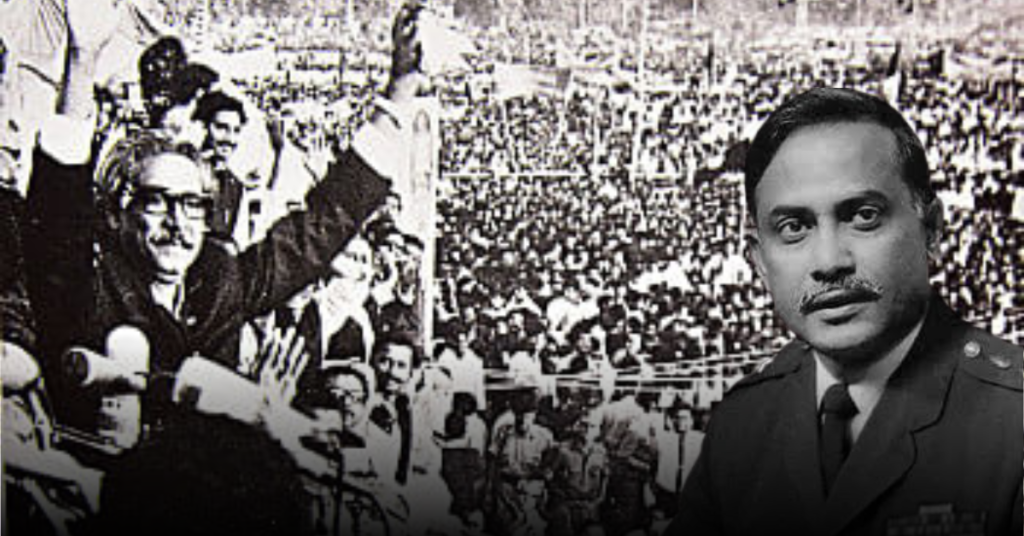Bangladesh has released new textbooks claiming that Ziaur Rahman declared the country’s independence in 1971, replacing earlier versions that credited founding father Bangabandhu Sheikh Mujibur Rahman with the declaration, according to a media report.
Bangladesh has taken a significant step in rewriting its history by introducing new school textbooks that credit Ziaur Rahman, a former military officer and president, with the declaration of the country’s independence in 1971. This move replaces the longstanding narrative that attributed this historic act to Bangabandhu Sheikh Mujibur Rahman, widely regarded as the founding father of the nation. According to media reports, the revised curriculum has sparked a nationwide debate, as it challenges decades of established historical consensus and raises questions about the politicization of history.

Sheikh Mujibur Rahman, leader of the Awami League, had emerged as the voice of the Bengali people, advocating for autonomy and, eventually, independence. On March 7, 1971, Mujib delivered a historic speech at the Racecourse Ground (now Suhrawardy Udyan), where he urged the people to prepare for independence, famously stating, “The struggle this time is the struggle for our emancipation! The struggle this time is the struggle for our independence!”
Following the crackdown, Sheikh Mujibur Rahman was arrested and taken to West Pakistan. While he was in custody, a declaration of independence was reportedly made on March 26, 1971. For decades, this act was attributed to Sheikh Mujib, making him the central figure in the narrative of Bangladesh’s birth.
Ziaur Rahman, a major in the Bangladesh Army at the time, played a significant role in the early days of the liberation movement. On March 27, 1971, Zia read out a declaration of independence on behalf of Sheikh Mujibur Rahman from the Kalurghat Radio Station in Chittagong. His broadcast urged the people to resist Pakistani oppression and fight for an independent Bangladesh.
The newly introduced textbooks credit Ziaur Rahman with declaring Bangladesh’s independence, sidelining Sheikh Mujibur Rahman’s role in the narrative. This revision has been met with mixed reactions across the country. Supporters of Ziaur Rahman and his political legacy argue that the move corrects a historical oversight, recognizing Zia’s instrumental contribution to the liberation war. Conversely, critics view this as an attempt to rewrite history for political gain, undermining the contributions of Sheikh Mujibur Rahman.
This change reflects the deep-seated political divide in Bangladesh between the two dominant political parties: the Awami League, led by Sheikh Mujibur Rahman’s daughter, Prime Minister Sheikh Hasina, and the Bangladesh Nationalist Party (BNP), founded by Ziaur Rahman. Over the years, these parties have often clashed over the narrative of the liberation war, with each seeking to highlight its own leaders’ contributions.
Historians and education experts have expressed concerns about the impact of such revisions on students. “History should be based on facts and evidence, not on political expediency,” said a prominent historian in Dhaka. “When political leaders rewrite history to glorify their own parties, it erodes trust in education and deprives students of the opportunity to learn an accurate account of their country’s past.”
The revision of textbooks to credit Ziaur Rahman with declaring Bangladesh’s independence marks a significant shift in the country’s historical narrative. While it seeks to highlight Zia’s role in the liberation war, the move has also reignited longstanding political and ideological conflicts. As debates over historical accuracy and political influence continue, it remains crucial for Bangladesh to preserve the integrity of its history by embracing a fact-based and inclusive approach.
